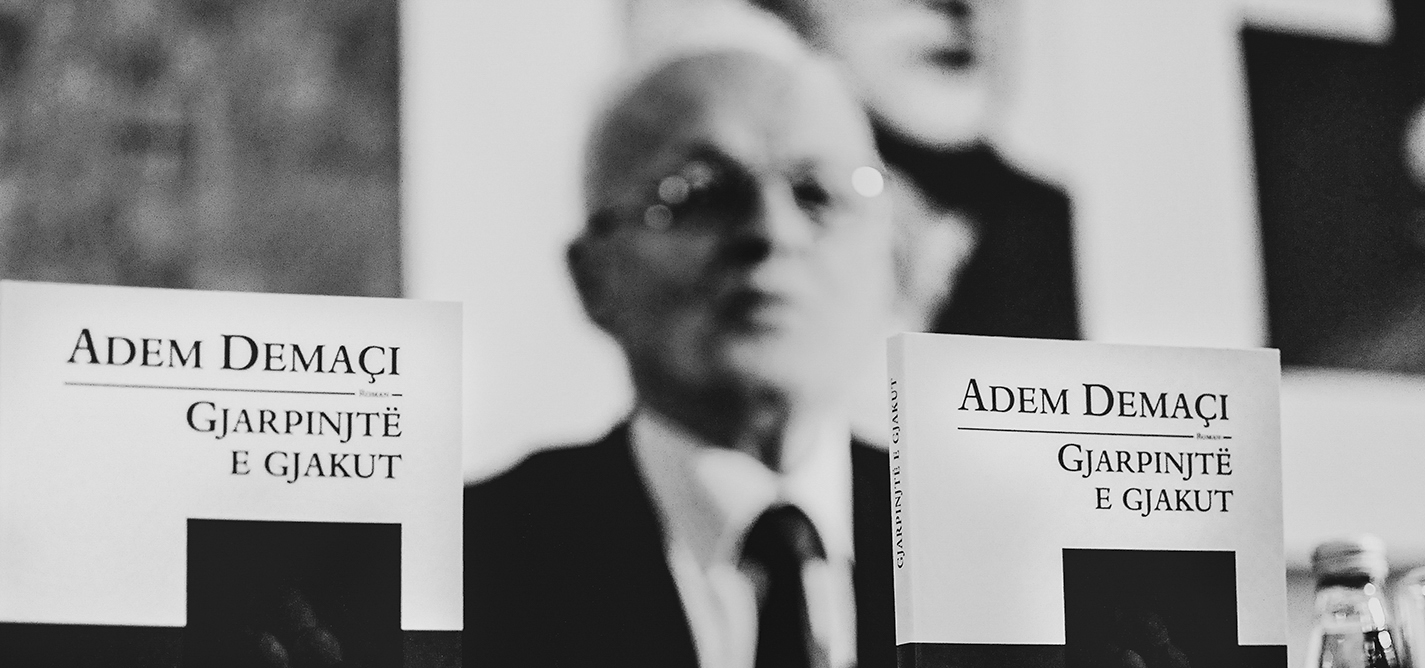
Shkëlzen Gashi: Very few people dared to meet Demaçi
One year after the death of the author and political activist.
...very few people, besides his close friends and relatives, dared to meet Demaçi. In the streets, many people pretended not to know him.
Demaçi’s opponents, mainly followers of Ibrahim Rugova, objected him for these shifts in political position.
After the war in Kosovo (1998-99), Demaçi visited just about every settlement of Kosovo minorities and encouraged their members to stay in Kosovo, and simultaneously called on Albanians telling them not to attack minorities and saying that minorities were Kosovo’s fortune.

Ngadhnjim Avdyli
Ngadhnjim Avdyli is a former K2.0 staff journalist, covering mainly politics, governance and social justice issues. He has a degree in journalism from the University of Prishtina.
This story was originally written in Albanian.